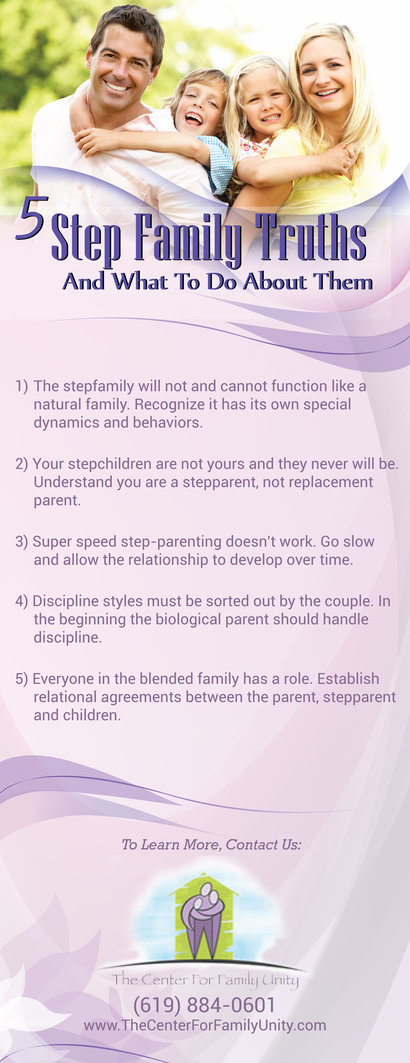by admin | Aug 19, 2016 | Blended Families
Does your child’s behavior change before and/or after visiting their other parent?
Children in shared custody go through a settling in time. Some may be quiet or subdued, others may be overactive and attention seeking. Allow them time to adjust. You may also find your child’s behavior changes prior to a visit; some withdraw emotionally before making the transition back to the other parent’s house. These behaviors are typical symptoms of the emotions children go through as they cope with having to say good-bye to one parent and settle into life with their other parent.
 It’s common for a child to feel insecure during their visit particularly if the family has recently formed. Insecurity can cause them to behave in a needy or clingy manner with their parent.
It’s common for a child to feel insecure during their visit particularly if the family has recently formed. Insecurity can cause them to behave in a needy or clingy manner with their parent.
Have a routine in place to smooth the transition between homes. A change over routine helps children feel secure by providing clear guidance on when, where and how things will happen; they know what to anticipate. On the other hand, lack of structure during visits can leave a child feeling awkward and uncertain because they don’t know what’s expected of them.
Give children age appropriate duties or responsibilities, not so much to help you out but to help them feel a sense of belonging and significance. Allocate time for a family activity and time for them to spend alone with their biological parent. Organize a meal together where you can discuss what you’ve done and what will happen during their next visit.
You don’t need to be rigid in your schedule but have a structure in place to avoid guilt driven ‘Disneyland parenting’.
For help with your children’s behavior or answers to questions regarding blended families please contact us at the Center for Family Unity at 619-884-0601
by admin | Jun 15, 2015 | Blended Families, Family Counseling
Studies show that blended families move through a number of stages over several years
During these stages, negotiations are made regarding the ‘how’, ‘when’ and ‘why’ of daily routines and family traditions. A process is formed to resolve issues and a sense of unity within the new family is built.
By the final stage a stepparent no longer feels like the ‘outsider’. They have a clear role and purpose within their family and comfortable step relationships are evident.
Does this mean there is one right way to blended family success? Therapists at the San Diego based Center for Family Unity, have a step-by-step program to help you form a unified step-family.

Stepparents may play a more or less active role in discipline depending on the willingness of both their partner and stepchildren. The level of bonding between stepparents and children may also vary. The common factor is a strong couple relationship in which both partners feels their needs are catered for and a system is in place for negotiating the way forward.
The thing is, it takes time for each person to adjust to their new role within your family. The stages show us that blended family dynamics do change over time. With patience, persistence and some proven strategies to assist, family members will form a way of relating to each other that helps each person feel accepted, supported and a sense of belonging.
Keys to blending successfully
• Couples who share their feelings without blaming and explore possible solutions that cater for a variety of needs, will mostly like work through the stages of blending at a faster pace.
• Don’t set rules and systems in concrete but evaluate them to determine their effectiveness. If one approach doesn’t work, it’s not the end of the world (or the stepfamily), together explore another way forward.
• Develop effective conflict resolving skills these will directly affect your success over time.
Unfortunately many couples give up before ever experiencing unity. Don’t become one of the statistics. Achieve a San Diego marriage success rate that goes against the stream of disappointing failed 2nd and 3rd marriages!
If you’re experiencing a lot of conflict, it doesn’t need to be this way forever. Recognize conflict is a normal part of the process and use the skills and strategies in the Healing Our Hurts Program at The Center for Family Unity to make your journey smoother. Call 619-884-0601 for help.
 It’s common for a child to feel insecure during their visit particularly if the family has recently formed. Insecurity can cause them to behave in a needy or clingy manner with their parent.
It’s common for a child to feel insecure during their visit particularly if the family has recently formed. Insecurity can cause them to behave in a needy or clingy manner with their parent.









